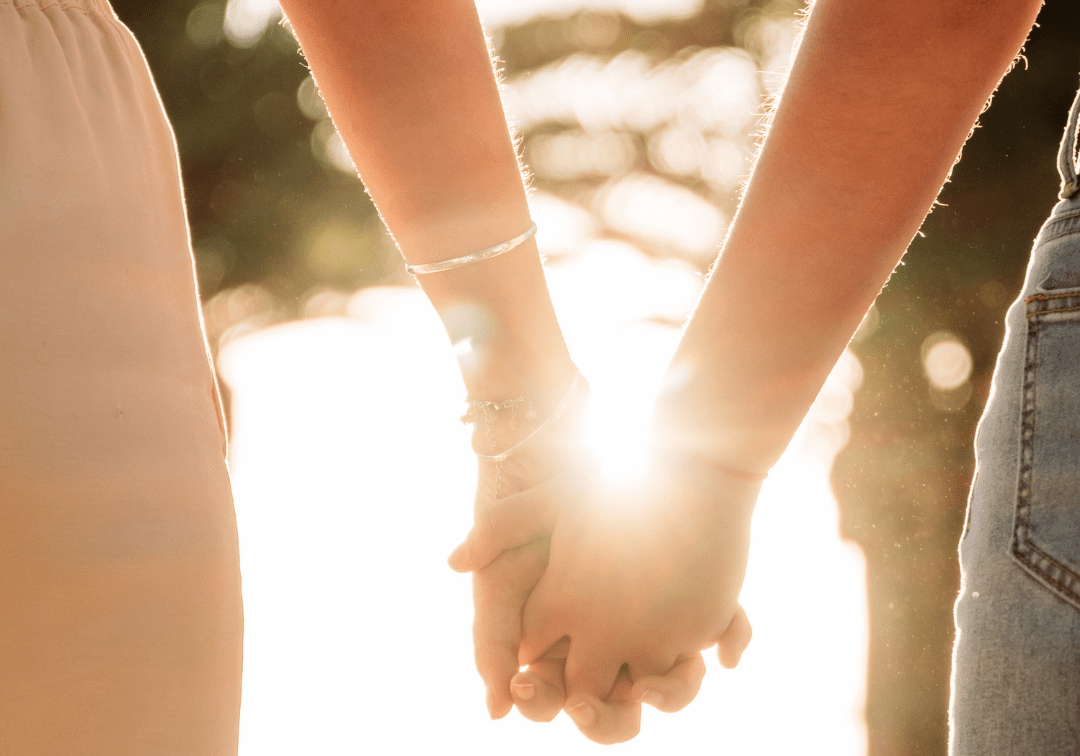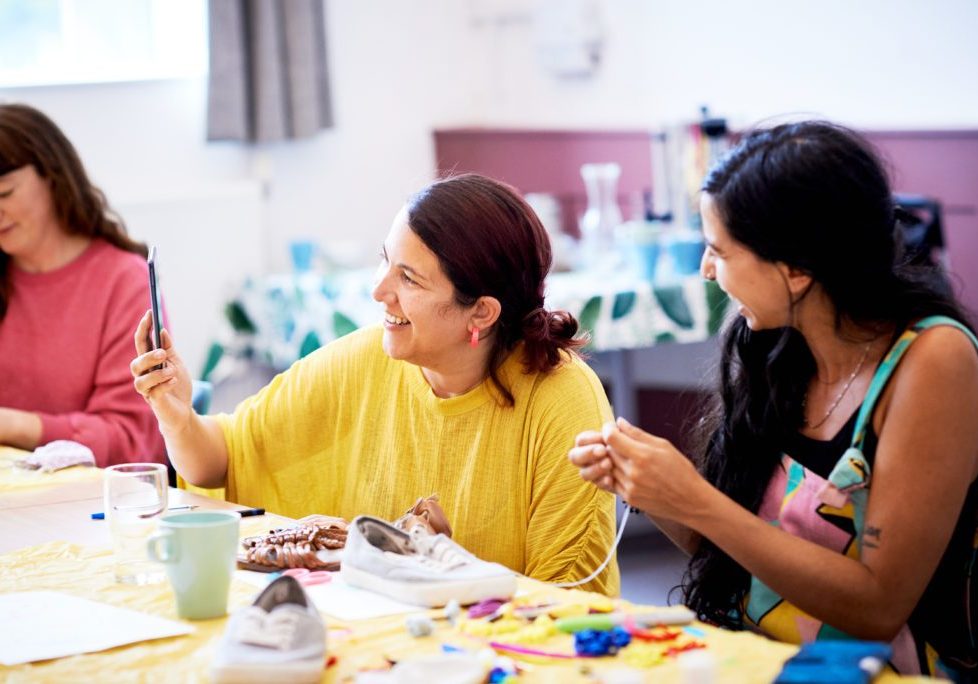
Trauma impacts and relationships
I’m writing this blog about trauma impacts and how they can affect relationships for Valentine’s Day. One of the deepest ways trauma can impact people is relationally and I want to validate some of those thoughts and feelings that you may have.
In this blog I will focus on how adult sexual abuse impacts us and, in turn, our intimate relationships because of its impact on our connection to ourselves and others. In my next blog I will focus more on the impact sexual abuse can have on sexual intimacy.
Most adult sexual abuse happens within some kind of relationship. Statistically, we are more likely to be abused by someone we know than by a stranger (although this does, of course, happen) and there has also been an increase in the number of young adults coming to our service after having their drinks spiked on nights out.)
Sexual abuse is a violation of our bodies and ourselves by another human being. This is difficult to process emotionally, mentally, and physically and it is a particularly deep betrayal of trust when someone you know violates you. Whether you were abused by someone you know or were close to or by a stranger, I often hear the question:
“how could anyone do this to another person?”
This feels, to me, as if someone if questioning the humanity of both themselves and the person who abused them.
Whether or not you knew your abuser, this act of violation shows the ugliness of what one human being can do to another, yet this person is probably someone who has friends/family or colleagues who think well of them. It would be easier if we could dismiss people that abuse us as less than human but the reality is that we all make choices about whether to love, heal or deeply wound. This person made a human choice to abuse you and the choice is theirs alone.
How can sexual abuse affect you?
A loss of connection to yourself
To be sexually abused is to be violated, objectified, and dehumanized as your choices, desires and boundaries are deemed irrelevant.
Your body doesn’t feel like a safe place
Many people who have been abused feel completely disconnected from their body, unaware of physical sensations because they can’t bare to inhabit their body. An awareness that the body could be violated again is an incredibly vulnerable experience so it may feel safer to disconnect from it.
Staying in the flight/freeze response after sexual trauma
This response (which is a natural response of your brain to trauma) can disconnect people from sensations of pleasure as well as pain. Loss of connection to pleasure is about more than sexual pleasure. It could be described as a complete loss of enjoyment in the things you once loved. My clients often describe wanting to get back to who they were and wanting to be happy again.
Loss of connection to emotions
To escape the pain, grief and powerlessness from the abuse, you may lose the joy, excitement, energy and beauty that life once offered. You may feel numb.
Feelings of shame, anger, and resentment towards your body
Client’s often come to me with misplaced anger, shame and blame towards themselves … asking questions like: “why did I go there?”, “why didn’t I say no louder?”, “why didn’t I try harder to protect myself and escape?”. Even more painfully: “why did my body respond with pleasure to the act?”, “why did I say nothing or act like everything was normal after?”
The blame and responsibility my clients often take upon themselves is heartbreaking and false but understandable. Your sense of safety is shattered and if you can find something you could have done differently, it’s possible to believe that you can keep yourself safe in the future.
So not only can the abuse impact your connection to a sense of joy and safety, but it alters your sense of who you are as a person. Your sense of being powerful, confident, capable is replaced by a shame-based identity that doubts every decision you make and feels afraid.
The truth is that very few people react the way that they expect to when abused. Few people fight in a heroic way because our survival instincts kick in and freezing, flopping or befriending the perpetrator are more likely to ensure survival and reduce physical damage then resistance. The damage this natural survival instinct can cause to the sense of self, afterwards, is immense.
All of this can have a dramatic effect on how you relate to others. People who have experienced sexual abuse tend to isolate themselves from those they love and not talk about how they feel because they don’t want their pain to hurt their loved ones. You might fear that the people you love may see you differently and question you because of how you judge yourself.
It can be hard to recover from sexual trauma and learn how to build trust and intimacy with another person again. But, it is not impossible. There is support that can help you work through all of your thoughts and feelings and start to reclaim your life.
If you need support, we are here to listen and believe you. Find out more about our services.
The latest from our news and blogs

Making Waves: building confidence and connection on the water
Earlier this year, we partnered with All-Aboard Watersports – a charity that helps people access watersports in the heart of Bristol Harbour. Together, we ran a weekly group for eight survivors currently waiting for support with SARSAS.




